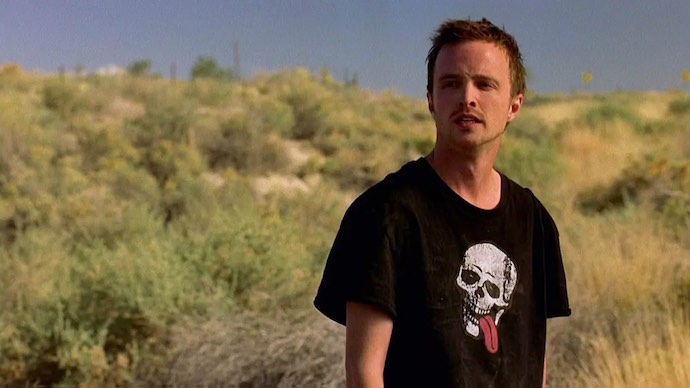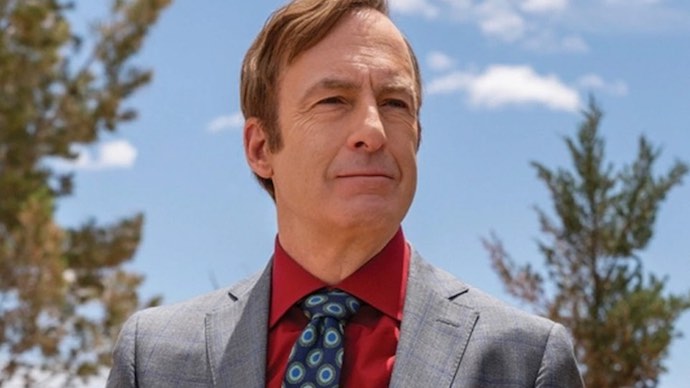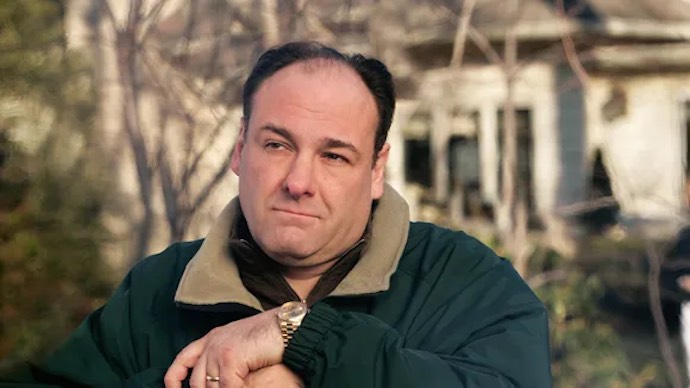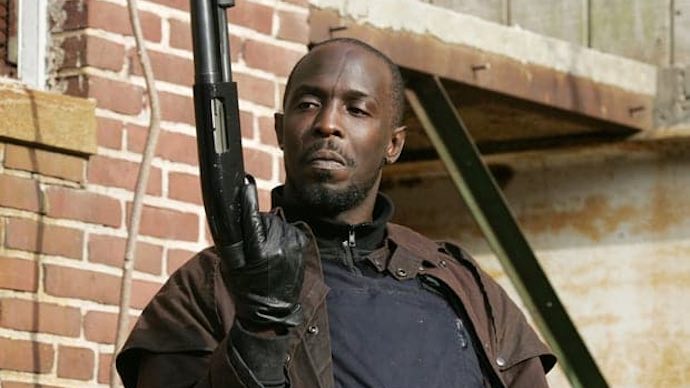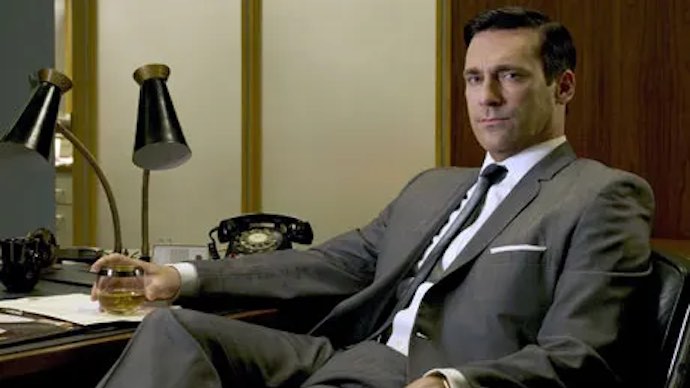In the 21st century, the nature of tragedy hasn’t changed all that much. We empathize with characters as they live their lives, and we watch as they scramble to keep those lives whole while pieces fall apart. Yet, while every television character has aspects of tragedy to their stories, some come out far worse on the other end. Who are the most tragic characters in television, forced to endure hells of every kind as they struggle to maintain peace and sanity? Here are our most compelling picks and why they stand out.
7. Jesse Pinkman (Breaking Bad)
Walter White might’ve been the main protagonist of Breaking Bad, but Jesse Pinkman represented another kind of protagonist. While the tale of Walter White saw the former high school chemistry teacher pave his own way to the almighty gates of Hell, the tale of Jesse Pinkman centered on a young man who just wanted to make some quick cash, only to be dragged down to Hell against his will. For all that White and Pinkman go through in Breaking Bad, Jesse was the one who maintained a moral compass. He no longer wanted to be involved once he realized Walter’s true nature, but he couldn’t escape. The tragedy of Jesse Pinkman isn’t about where he ended up, but rather what he lost along the way. He started as an impressionable student and grew into a mature man with a heart, but only because he went through immeasurable pain and grief.
6. James McGill (Better Call Saul)
Before Better Call Saul cemented itself as one of the most legendary TV shows of our age, Saul Goodman nothing more than the shady lawyer from Breaking Bad. While Saul Goodman had shades of depth to him, we never got to see much more from him than what we already saw in thousands of other lawyer characters from television history. But once Better Call Saul got underway, the character’s emotional resolve and sense of self were thrown into question as saw where he started and the well-intentioned decisions that led him down a dark path. Before he was Saul Goodman, he was Jimmy McGill: a man who tried to take the easy road time and time again, only to end up living a life that was basically an empty circus devoid of love or kindness. It was only in his final moments as a free man that he finally took the right path and earned redemption.
5. Tony Soprano (The Sopranos)
Tony Soprano made his own life—no one can argue against that—but the tragedy rests in how that life came to be. The pressures of his family, his lifestyle, and his culture influenced the way he lived. He was certainly a clever man, one who could have made it through college and into a lifelong career that would’ve been satisfying and fulfilling. But Tony was trapped in the Mafia life, and he’s always been desperate to keep that separate from his children. In the end, Tony Soprano was an angry man. He was angry at the world for what it did to him, and he pushed as hard as he could to avoid being consumed by the fearsome nature of his profession.
4. Rick Sanchez (Rick and Morty)
Rick Sanchez is a man who lost everything—his home, his wife, his daughter, even his timeline—because of the devastating revenge he sought against the other Rick responsible for killing them. Throughout Rick and Morty, what we see is the deadliest Rick. He’s the one who hates himself so much that he murders himself, repeatedly and infinitely, to try and ease his inner pain. Rick’s adventures with Morty only serve to endear a man who has lost all sense of what he started out as, as we witness the downfall of the smartest man in the universe to an anger he can never quench.
3. Omar Little (The Wire)
“Omar comin’!” It’s the iconic heralding of one of TV’s greatest characters, and only a name of great weight could earn such warning. In The Wire, Omar Little was an openly gay thief who lived by a code—he never touched civilians and he made a living ripping off drug dealers. He was a hero to the Baltimore masses and he even worked with the cops when it suited him to put his enemies away. Omar was intelligent enough to do anything he wanted in life, but he was restricted by the time and place of his upbringing. He tragically had no other opportunities afforded to him, and so he put his brain and humanity to work the only way he could.
2. Don Draper (Mad Men)
Don Draper lied about who he was for decades, knowing that if anybody found out the truth of how he came by his name, he’d be dismissed and rejected by everyone around him. For that one lie—which he thought would give him a better chance at living a happy life—Don Draper paid dearly. The protection of his identity tore his soul apart in many ways, causing him to retreat from anybody who would ever love him. In Mad Men, Don Draper was a complex man who ultimately yearned for solace. He was good at his job and he became wealthy, but he was a man buried under his guilt that left him isolated.
1. Fleabag (Fleabag)
Fleabag is the only name we have for the lead character of this acclaimed series. When we first meet her, she’s already a woman who’s broken, utterly dead on her feet for the pain she hides within. As Fleabag unravels over the episodes, we see why she has struggled so much with her own existence, and the truth is tragic. Fleabag isn’t a bad woman, but one who has lost her way—one who attempts to numb her pain with men and alcohol. She claws her way into a better life even as she’s still weighed down by her conscience and the man she could be with. And even though it’s destined to never be and we leave her heartbroken, the silver lining is that we leave her in a better place than we found her. Read next: The Best TV Female Anti-Heroes of All Time, Ranked
